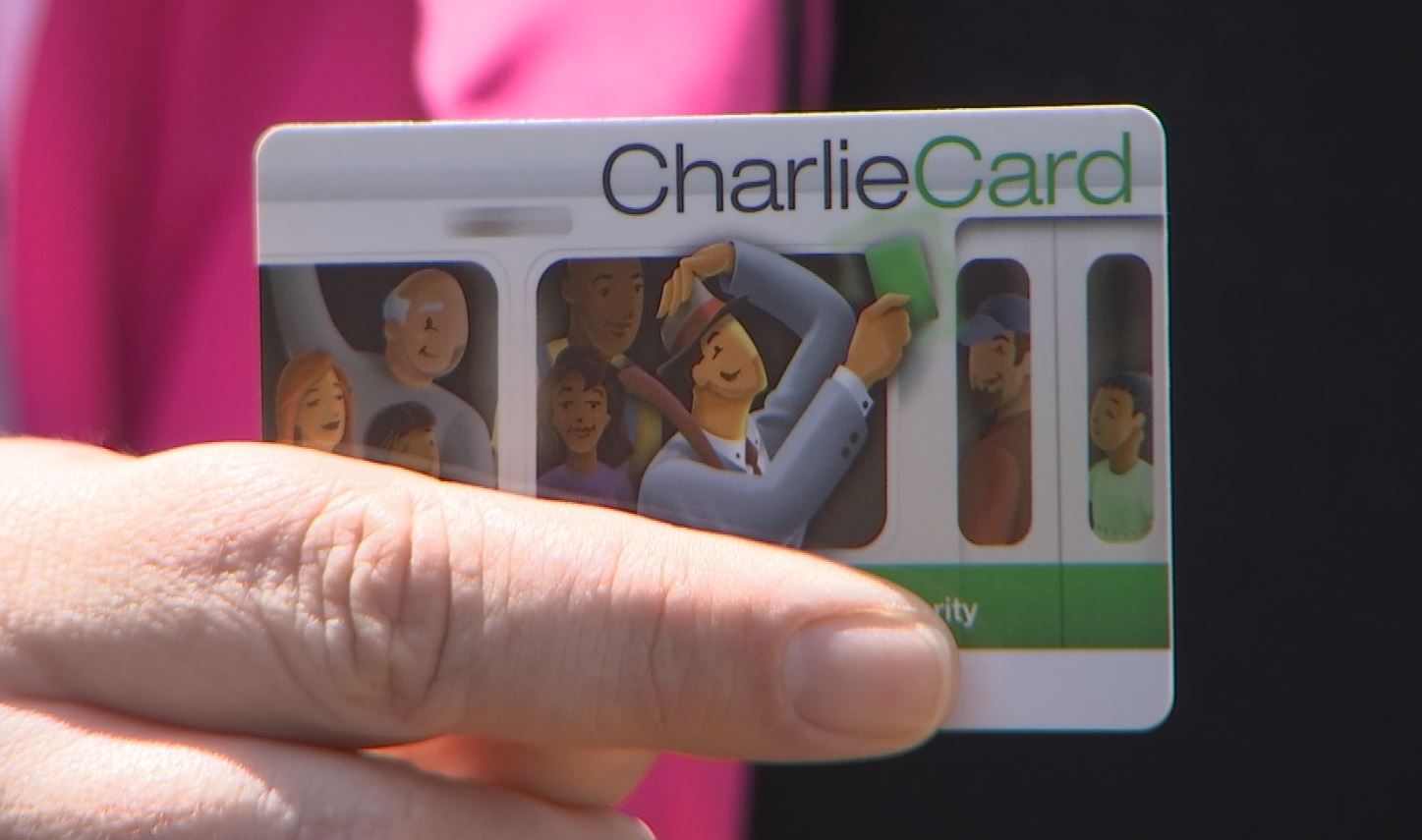Some of Massachusetts's federal representatives are renewing a push for free transit.
Sen. Ed Markey and Rep. Ayanna Pressley, both Democrats, announced Monday they are reintroducing the Freedom to Move Act, legislation that would allocate $25 billion over five years to support state and local transit agencies to create fare-free public transportation systems.
"We need fare-free because public transit creates stronger economies, better health outcomes and greater access to education," said Markey. "We need fare-free because low-income families spend nearly 30% of their household income on transportation. We need fare-free because fare enforcement disproportionally impacts people of color."
"In particular, for Black Boston bus riders, riding, waiting, transferring, an additional 64 hours a year, that's an additional 64 hours to get to your place of work, to get to school, to get to a health care appointment, to get to childcare," said Pressley. "When Sen. Markey and I say this is literally about the freedom to move, that is so basic and so essential and something that should be an inherent right for everyone."
Get Boston local news, weather forecasts, lifestyle and entertainment stories to your inbox. Sign up for NBC Boston’s newsletters.
The lawmakers point to the success of fare-free pilot programs in communities like Boston, Worcester and Merrimack Valley.
"We know that this works because we've measuring every bit of it in Boston through these three bus routes that have been fare-free for over a year now," said Mayor Michelle Wu. "We know that compared to the entire system, these are the routes with the highest ridership, and that is no accident."
A mid-program report found Routes 23 and 29 are recovering ridership quicker than the entire bus system since becoming fare-free. About 15% of the fare-free ridership is people taking trips they would not have taken at all.
"This is actually saving us a bit of money to put towards something essential, like food," said Boston resident Connie Forbes. "It might seem small, but you know, every penny counts."
She joined the lawmakers for their press conference in support of the legislation, noting free fares do not only benefit the people taking public transit.
"You are enabling them to get to their jobs and be able to afford to keep those jobs, because right now, a lot of my neighbors are being priced out of this community, and this is actually going toward helping them be able to stay and be able to provide the underpinning for the city of Boston," she said.
The bill would also help cover the cost of hiring more personnel and paying for fuel, maintenance and personal protective equipment. It would also help pay for improving bus stops and pedestrian and bike shelters, redesigning bus routes and modernizing infrastructure, like painted bus lanes, to help ease traffic congestion.
Pressley and Markey originally filed the bill in 2020, and again in 2021, but it failed to make its way through Congress.
"We built the foundation and we have to go to work to get a majority," said Markey. "Obviously a Kevin McCarthy-led House of Representatives is not the optimal environment to be working in, but I can tell you that there is massive support among Democrats in the Senate, and we control the Senate, so we are going to continue to work in order to get a resolution of the issue to make sure that there is more funding to get into the hands of great leaders like Mayor Wu."
"We just have to amplify the examples where this is proven and where we have seen people's quality of life, and even their station in life, improve exponentially by having access to fare-free public transportation," said Pressley.



